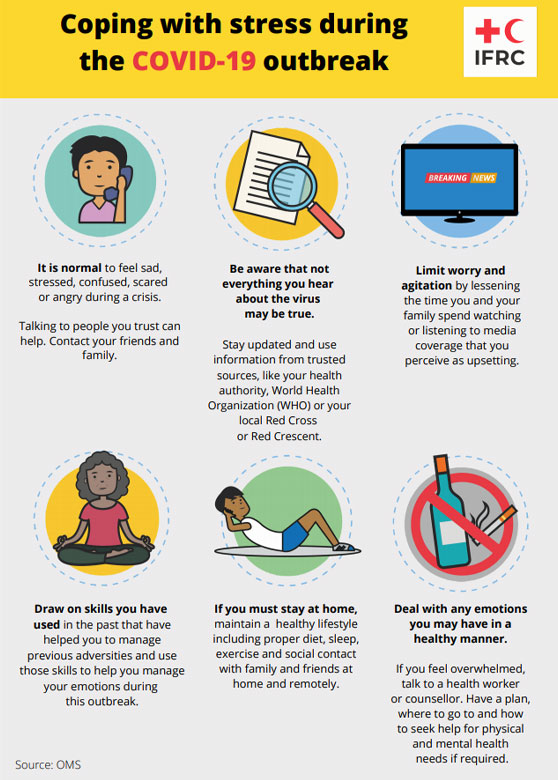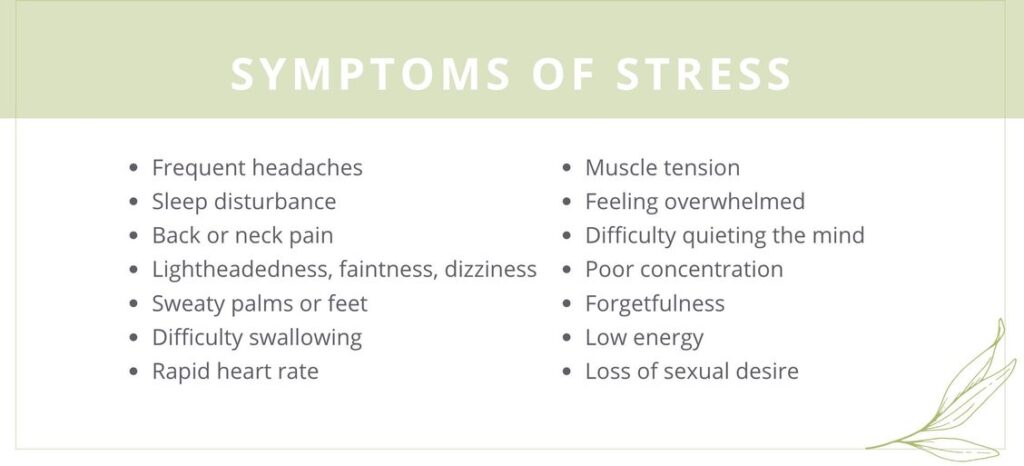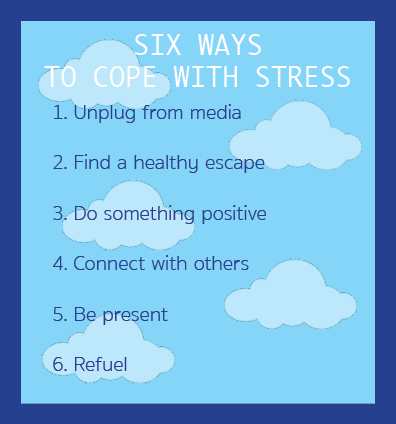How to Cope With Stress
To cope with stress, it's important to engage in stress-management techniques like exercise, relaxation, and seeking support from others. Stress can have a significant impact on our physical and mental well-being, so finding healthy ways to manage it is crucial.
We will explore various strategies and techniques that can help you effectively cope with stress and improve your overall quality of life. From practicing mindfulness and deep breathing exercises to creating a self-care routine and establishing healthy boundaries, we will provide actionable tips to alleviate stress and promote well-being.
By implementing these strategies, you can develop resilience and better navigate the challenges that stress presents in your daily life.
Understanding Stress
Stress is a natural response to demanding situations and can affect individuals physically and emotionally. It is essential to comprehend the concept of stress in order to effectively cope with it.
Stress is defined as the body's reaction to pressure or changes in the environment. It can be triggered by various factors such as work, relationships, financial issues, and health problems. Identifying the causes of stress is crucial in managing and reducing its impact.
| Causes of Stress | Types of Stress |
|---|---|
| Work-related issues | Acute stress |
| Relationship difficulties | Chronic stress |
| Financial problems | Episodic acute stress |
| Health challenges | Post-Traumatic Stress Disorder (PTSD) |
Understanding the different types and causes of stress is essential in identifying areas in our lives that may contribute to elevated stress levels. By recognizing stress triggers and developing healthy coping mechanisms, individuals can better manage and alleviate stress.

Credit: pscentre.org
Identifying Stress Triggers
Stress is a common part of life, but understanding what triggers your stressors can help you cope more effectively. Recognizing common stressors can enable you to take proactive steps to manage them. Some common stressors include work pressure, financial worries, and relationship conflicts. Additionally, personal stress triggers may vary from person to person, so it's important to take time to reflect on your own specific stressors.
Keep a journal to track situations that cause you to feel stressed, noting the date, time, and details surrounding each episode. This journal allows you to identify patterns and better understand the factors contributing to your stress. Additionally, pay close attention to physical and emotional cues that accompany stressful situations. These cues can provide valuable insights into your individual stress triggers.
In conclusion, recognizing and identifying stress triggers is the first step in effectively coping with stress. By gaining awareness of common stressors and your own personal triggers, you can develop strategies to mitigate their impact and find greater balance in your life.
Coping Mechanisms For Stress
Living a healthy lifestyle can play a crucial role in coping with stress. Engaging in regular physical exercise, maintaining a balanced diet, and getting enough sleep are all essential for managing stress levels. Additionally, practicing stress management techniques such as deep breathing exercises, meditation, or yoga can help alleviate stress. It is also important to seek support from friends, family, or support groups, as they can provide valuable emotional support and guidance. In some cases, professional help from therapists or counselors may be necessary to address stress-related issues effectively. Remember, finding healthy coping mechanisms is key to managing and reducing stress in your life.

Credit: blog.amputee-coalition.org

Credit: news.uark.edu
Frequently Asked Questions On How To Cope With Stress
How Can I Cope With Stress On A Daily Basis?
Coping with stress on a daily basis can be achieved through various techniques such as practicing mindfulness, engaging in physical activities, seeking support from loved ones, and taking breaks to relax and recharge. Finding what works best for you and incorporating these strategies into your daily routine can help manage stress effectively.
What Are Some Effective Stress Management Techniques?
Effective stress management techniques include deep breathing exercises, practicing yoga or meditation, maintaining a healthy lifestyle with regular exercise and balanced diet, setting realistic goals, prioritizing tasks, and seeking professional help if needed. Experiment with different techniques to find what helps you in reducing stress levels effectively.
How Does Stress Impact Our Mental And Physical Health?
Stress can have detrimental effects on both mental and physical health. It can lead to anxiety, depression, insomnia, and weakened immune system. Additionally, chronic stress can increase the risk of heart disease, high blood pressure, digestive problems, and other health issues.
It is important to address and manage stress to maintain overall well-being.
What Are Some Natural Remedies For Stress Relief?
Natural remedies for stress relief include herbal supplements like chamomile and lavender, aromatherapy using essential oils, engaging in activities like gardening or listening to calming music, spending time in nature, and practicing relaxation techniques such as progressive muscle relaxation. These remedies can complement other stress management strategies.
Conclusion
Dealing with stress is an essential aspect of maintaining overall well-being. By incorporating the strategies discussed in this blog post into your daily routine, you can effectively manage and reduce stress levels. Remember to prioritize self-care, practice relaxation techniques, engage in regular physical activity, seek support from loved ones, and make time for activities that bring you joy.
By taking these steps, you can lead a healthier, more balanced life.
Comments
Post a Comment